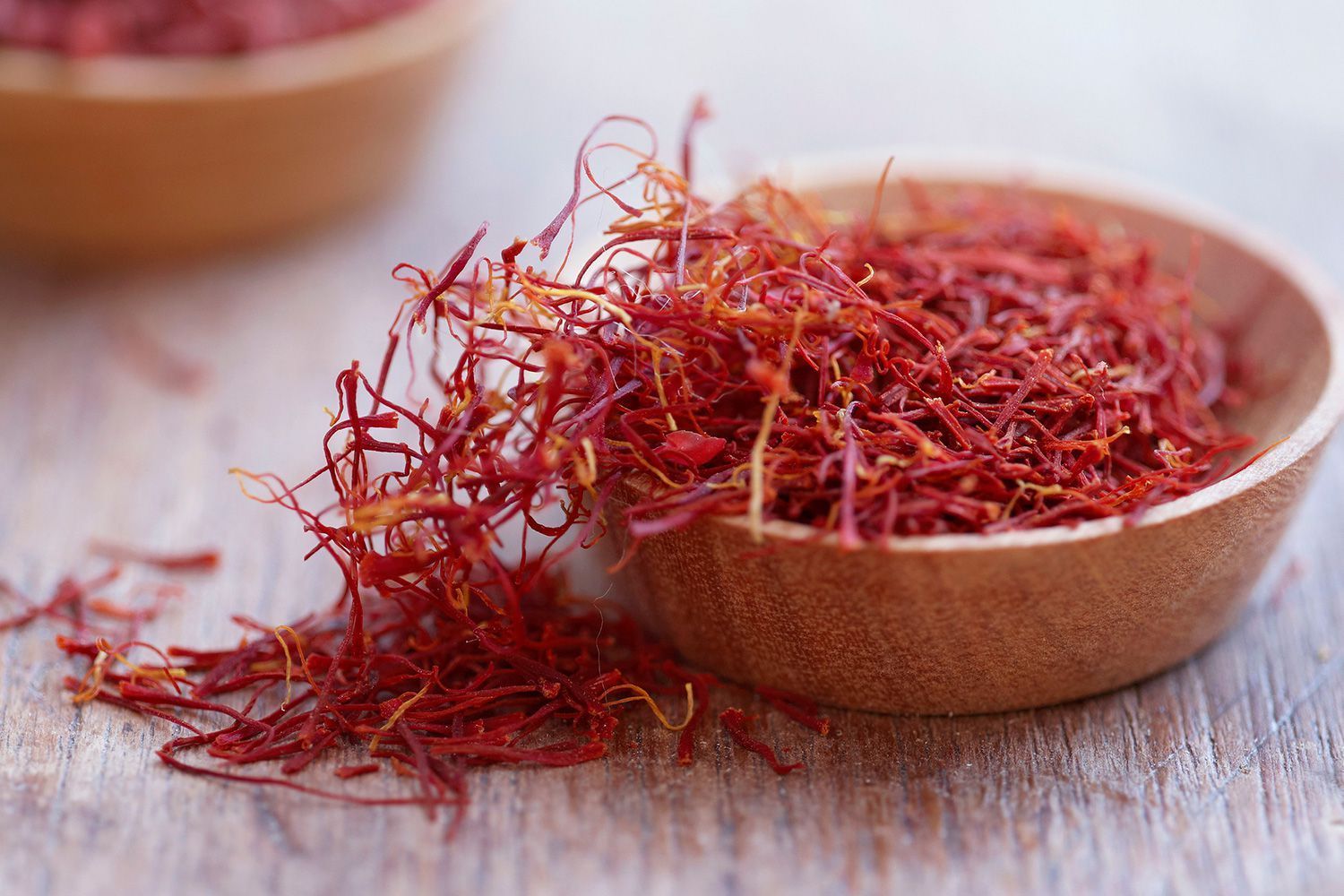Source: Thailand Medical News Nov 17, 2019 6 years, 1 month, 2 days, 17 hours, 45 minutes ago
Researchers from Murdoch University, Australia have conducted a new study that shows
saffron may assist adults with
depression when it is taken in conjunction with pharmaceutical antidepressants.

Dr. Adrian Lopresti and Professor Peter Drummond, and UWA researcher Professor Sean Hood found greater reductions in depressive symptoms when adults with persistent
depression, and currently taking a pharmaceutical antidepressant, complement their
depression medication with
saffron capsules.
Dr. Adrian Lopresti said that the trial was the largest of its kind to date and the first study looking at the effects of
saffron as an add-on to pharmaceutical antidepressants. Previous research has only investigated the antidepressant effects of
saffron as a stand-alone treatment.
Dr. Lopresti told
Thailand Medical News via a phone interview, "In our research, depressive symptoms decreased more in participants taking
saffron compared with a placebo, with reductions of 41 and 21%, respectively on the clinician-rated scale. In addition, improvements occurred in sleep quality, initiative and motivation, and interest and pleasure in activities."
The researchers said that the study indicated that
saffron could be used as a natural
supplement given at the beginning of antidepressant treatment to increase its effectiveness and to possibly reduce potential adverse effects which are sometimes experienced when one is prescribed antidepressants.
Dr. Lopresti added, "
Saffron can be used at the outset in conjunction with antidepressants or it can be added to antidepressants if symptoms do not fully resolve. At the moment, if pharmaceutical antidepressants aren't working the options are to increase the dose or to try a new antidepressant. This increases the likelihood of side effects. Now a new option is to take antidepressants and saffron together."
Details of the research:
-Participants in the survey were randomly allocated to one of two trial groups, one taking a placebo and one taking a standardized
saffron extract.
-Participants were required to be physically healthy, aged 18–65 years and were taking a stable dose (at least eight weeks) of a single pharmaceutical antidepressant
-More research needs to be undertaken to replicate these findings and to determine the longer-term benefits of
saffron in treating symptoms of depression.
-The findings do not mean the addition of
saffron to cooking would necessarily promote antidepressant effects given the significant variance associated with the quality of
saffron stigmas and the variability in extracts available on the market.
-This study was funded by the manufacturer of the
saffron extract, Pharmactive Biotech Products SL. However, Pharmactive Biotech Products was not involved in the design of the researc
h, analysis of data, or in the writing of the report.
Reference: : Adrian L Lopresti et al. Efficacy of a standardised saffron extract (affron®) as an add-on to antidepressant medication for the treatment of persistent depressive symptoms in adults: A randomised, double-blind, placebo-controlled study, Journal of Psychopharmacology (2019). DOI: 10.1177/0269881119867703
